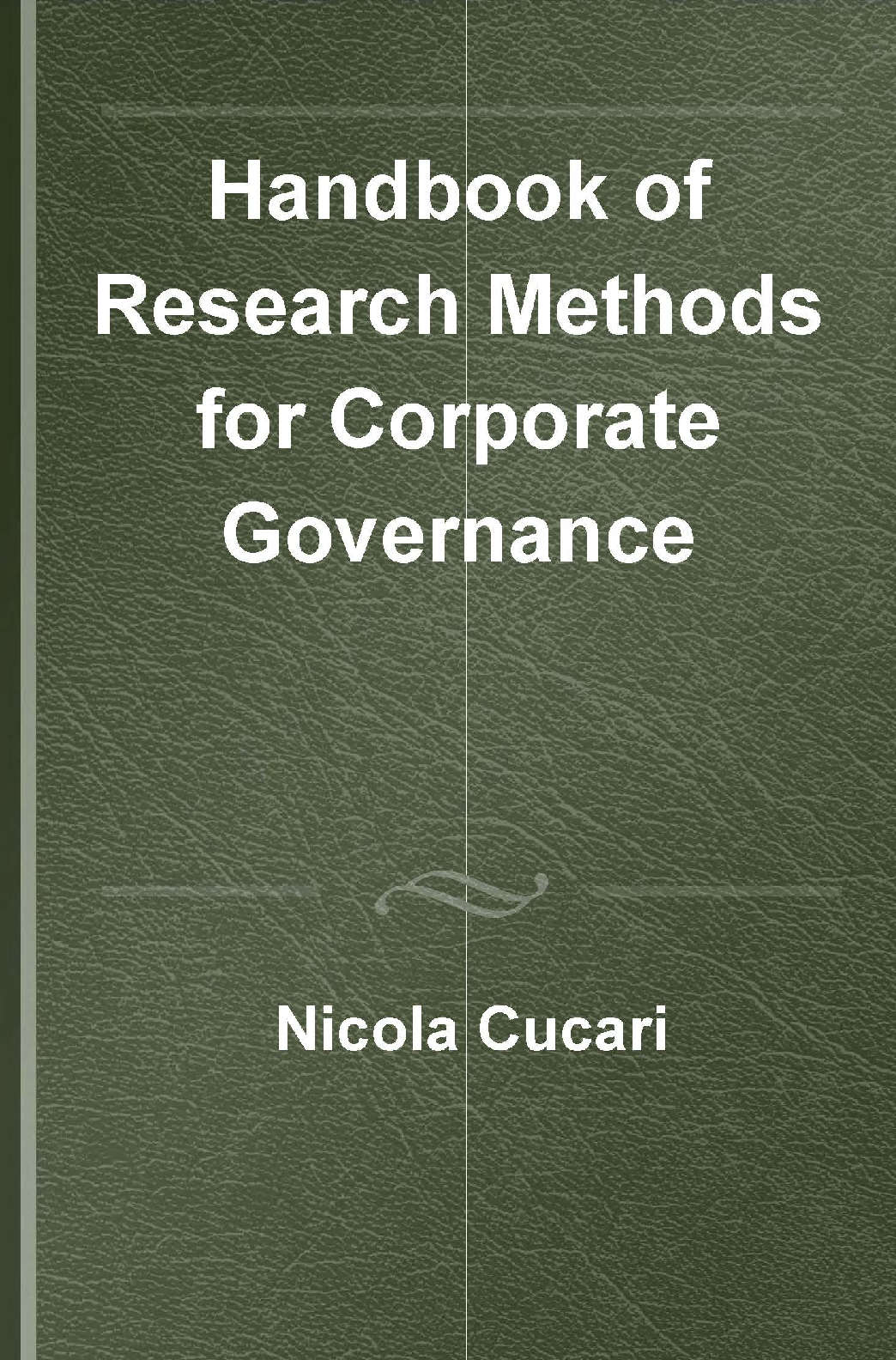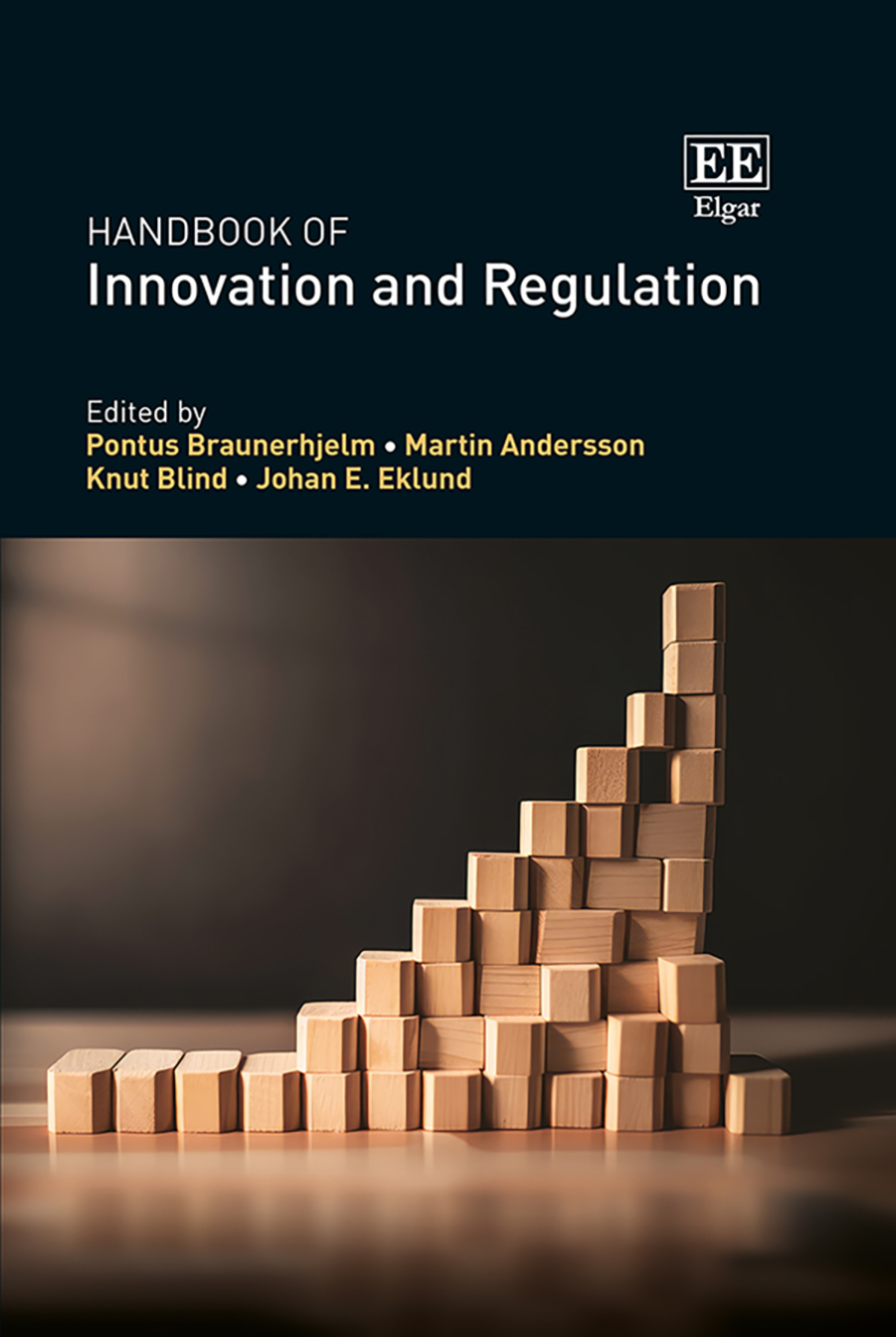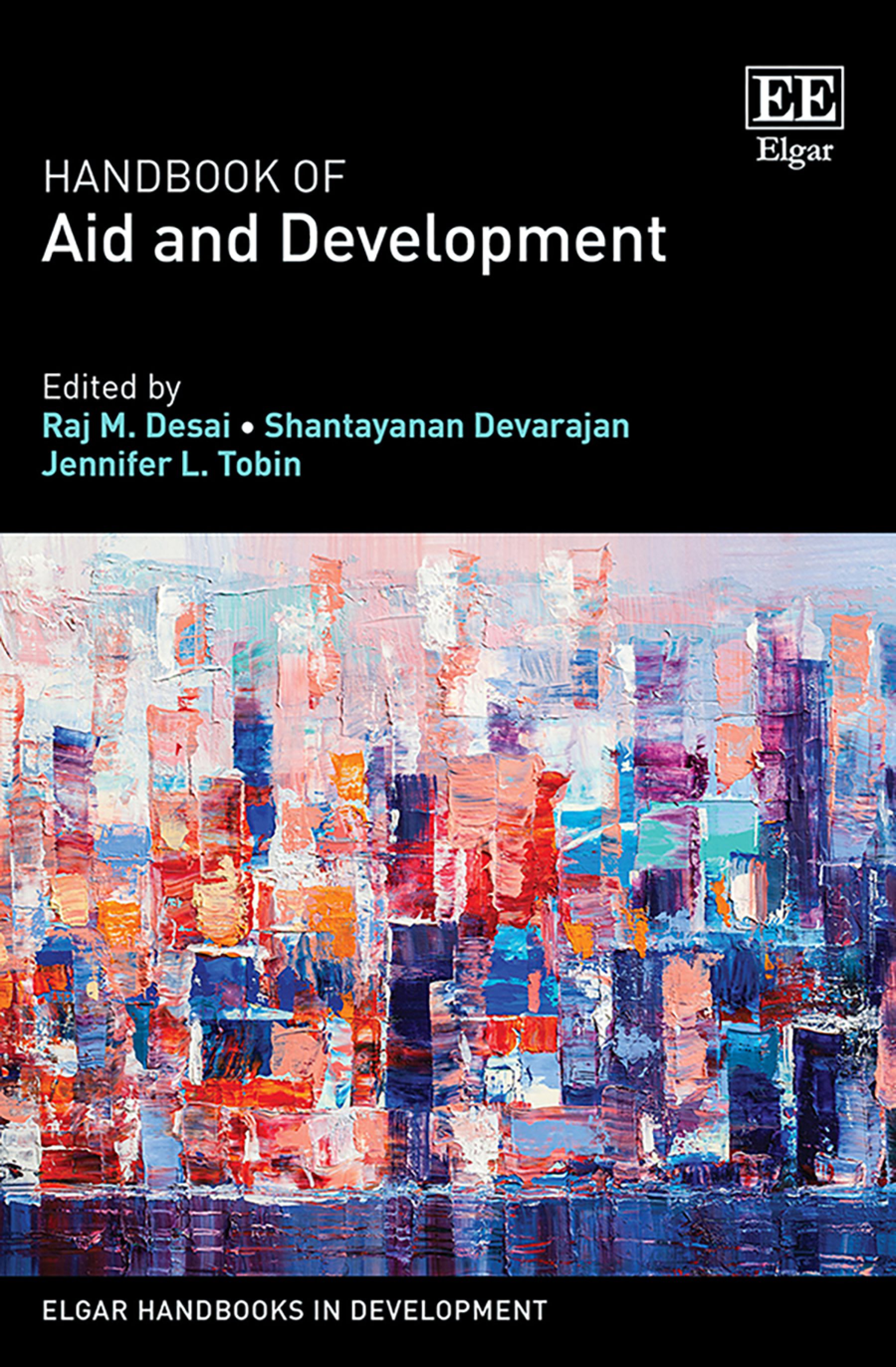Handbook of Fluid, Electrolyte, and Acid-Base Imbalances Third Edition
Document Content and Description Below
When body water is insufficient and the kidneys are func- tioning normally, urine volume diminishes and the individual becomes thirsty. Therefore, the person drinks more water to correct the flui ... d deficit. When there is an excessive amount of water intake, the urine output increases proportionately. Sources of fluid intake include liquids, foods, and prod- ucts of the oxidation of food process. The average intake and output of fluid per day is 1800–2600 mL. Body fluids are lost daily through the urine, feces, lungs, and skin. Body water loss through the skin, which is not measurable, is called insensible perspiration. Appropriately 300–500 mL of fluid is lost daily through processes such as sweat gland activity. Table U1-3 lists the daily body fluid intake and losses. Definitions related to fluid functions and movement are presented in the accompanying box. [Show More]
Last updated: 3 years ago
Preview 1 out of 433 pages

Buy this document to get the full access instantly
Instant Download Access after purchase
Buy NowInstant download
We Accept:

Reviews( 0 )
$19.50
Can't find what you want? Try our AI powered Search
Document information
Connected school, study & course
About the document
Uploaded On
Jul 23, 2021
Number of pages
433
Written in
All
Additional information
This document has been written for:
Uploaded
Jul 23, 2021
Downloads
0
Views
96














